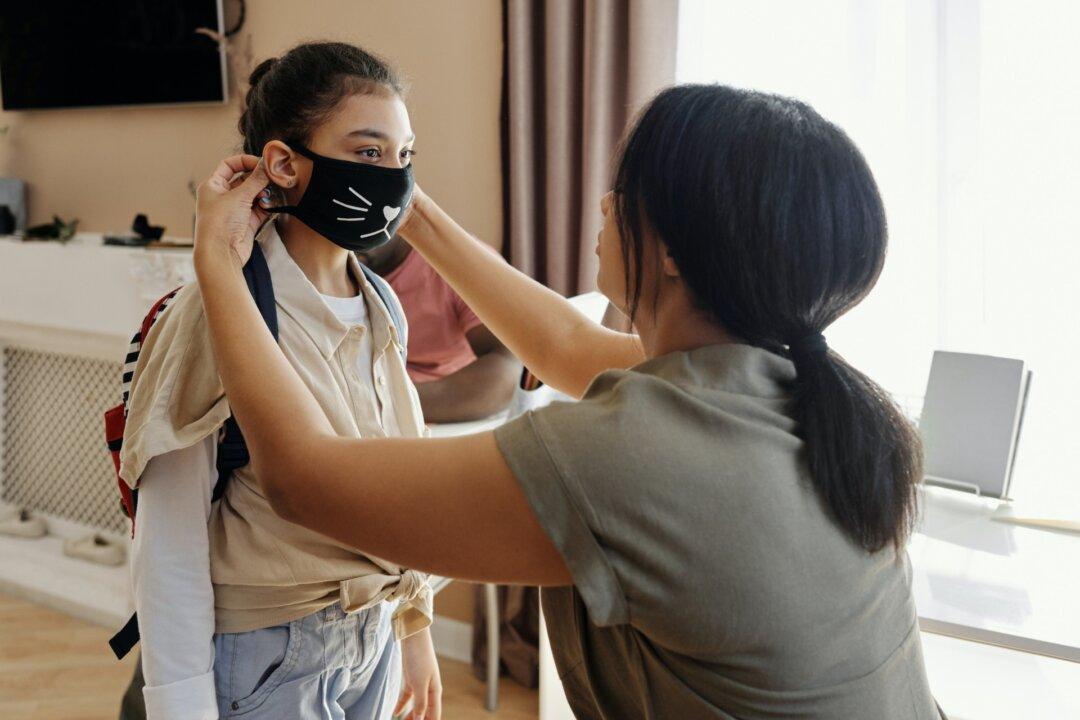“We know there are three waves with this pandemic,” Anaheim, California-based licensed clinical psychologist Dr. Martin J. Eaton says.
“First and foremost, medical; second and understandably, economic; but the hidden, and possibly the most devastating, is the negative impact on children’s and adults’ mental health,” he told The Epoch Times.





